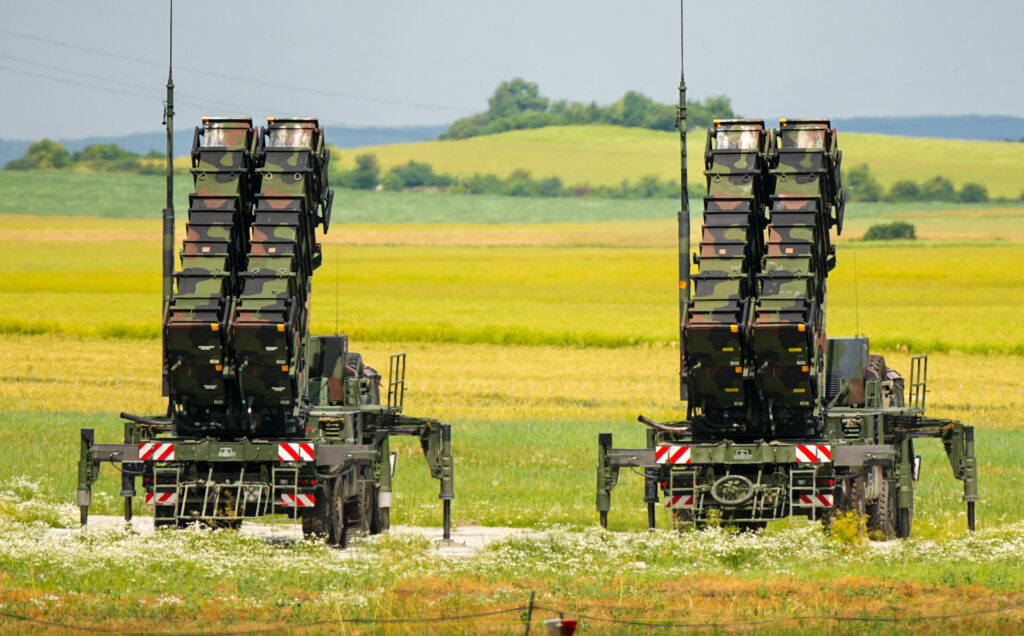The US Army has decided to abandon its plans for a next-generation replacement of the renowned Patriot air defense system.
Maj. Gen. Frank Lozano, program executive officer for missiles and space, revealed that the service is scrapping the so-called Lower-Tier Future Interceptor initiative due to projected high costs.
“We are not going to move forward… That was going to be a very expensive endeavor…” he told Defense News. “Interceptors in that family or class are very capable, but also very expensive.”
Instead, the army will explore ways to further upgrade the Patriot Advanced Capability-3 (PAC-3) missile to ensure it remains relevant in modern warfare.
It will also look more at how the Patriot system and the Terminal High Altitude Area Defense (THAAD) system can directly complement each other for a more effective air and missile defense.
“What that would allow us to do is create a tighter coupling between the THAAD system and the Patriot system and via that tighter coupling, then you can manage the battle space in a much more efficient way,” he stated.
Recognizing Evolving Challenges
Plans to replace the Patriot system with a next-generation interceptor come as the service anticipates evolved air defense threats by 2040.
The army foresees that hostile missiles will become faster and more maneuverable due to advancements in rocket motor technology.
Despite the reliability and demand for the Patriot system, the army’s current force is reportedly too small to adequately meet evolving operational needs.
To address that, the service is looking to expand its fleet, reduce reliance on the current system, and upgrade its capabilities.
“We have relied too long on the Patriot system as the centric system for air and missile defense,” said Lt. Gen. Sean Gainey, head of the army’s Space and Missile Defense Command. “[With] our improvements to our current systems, it will eventually start to relieve that significant stress.”



